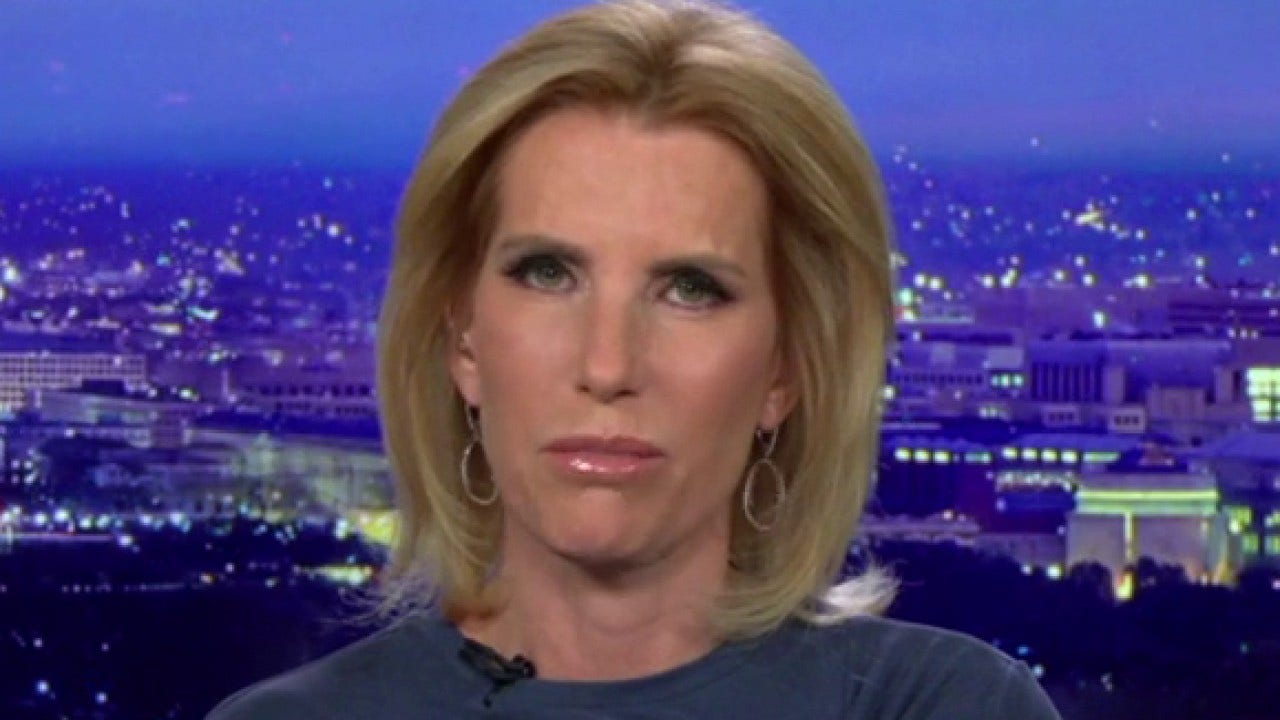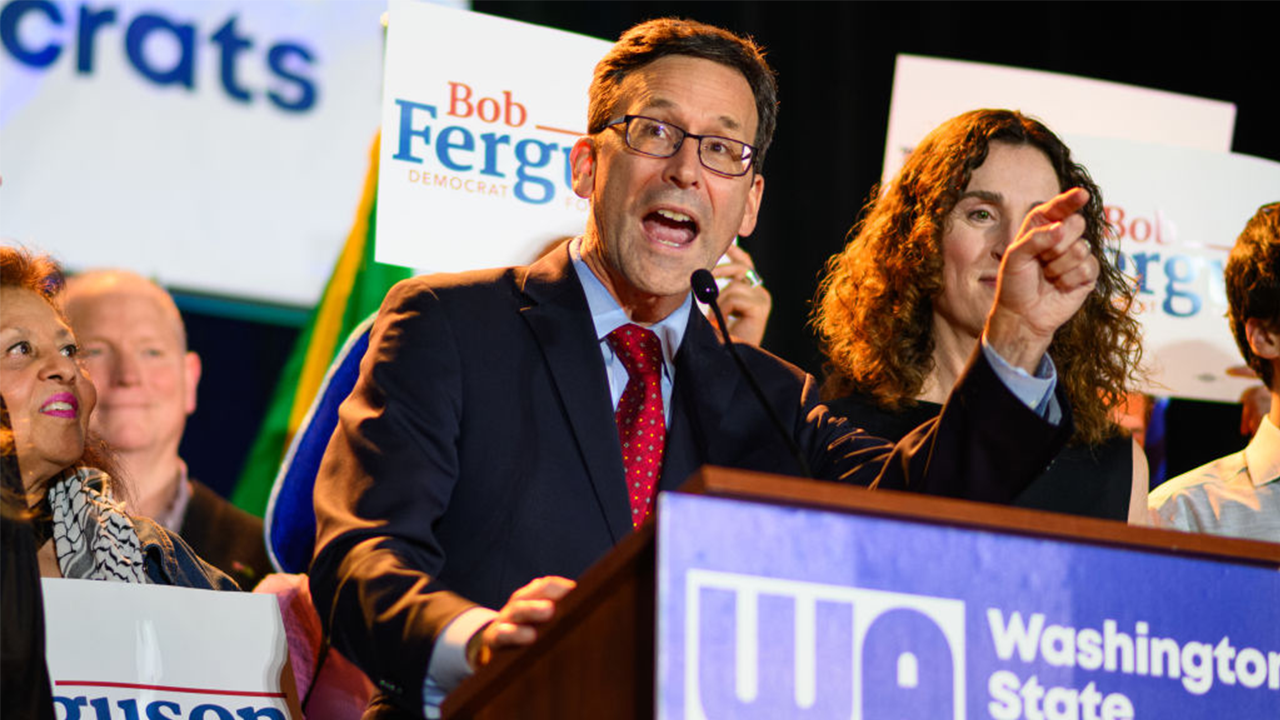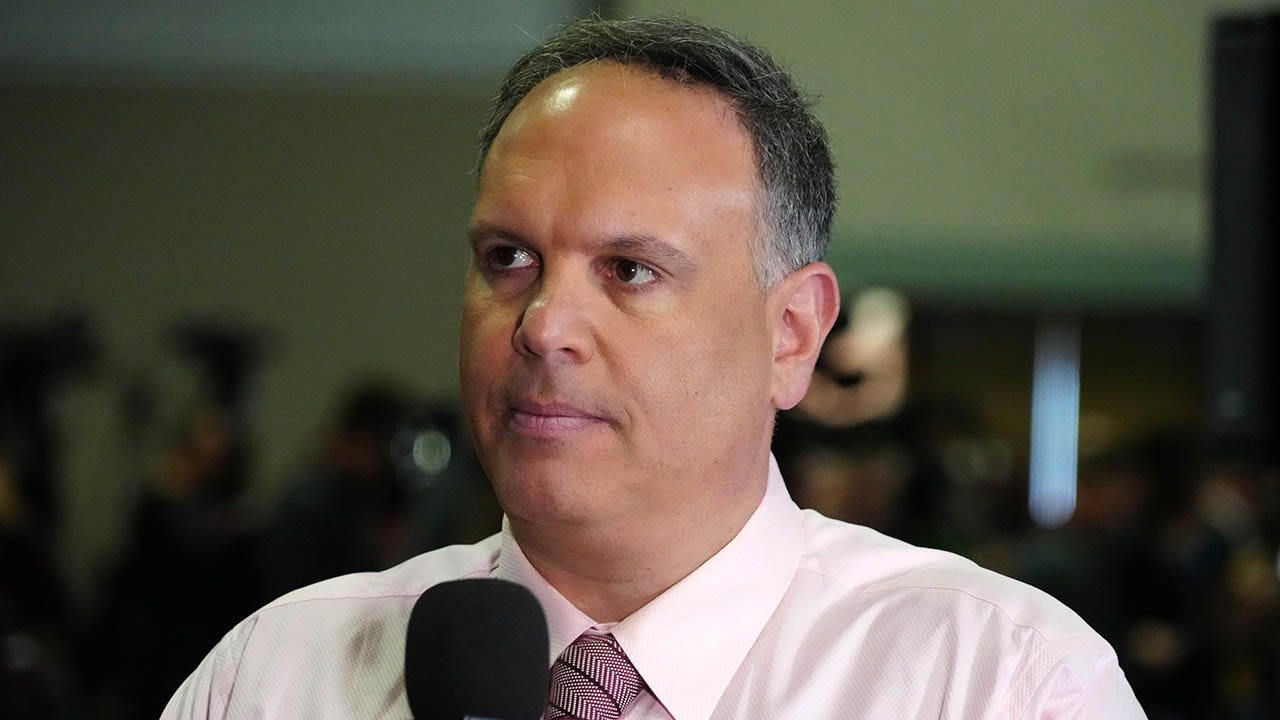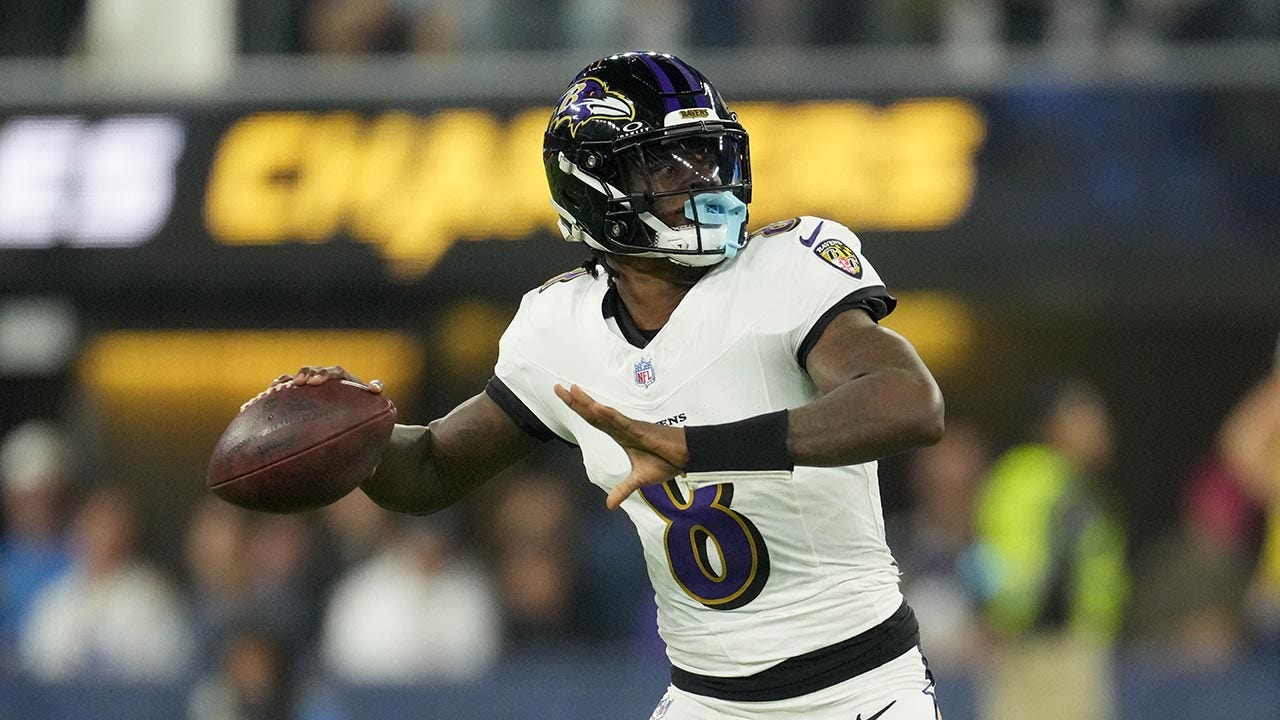The Washington Post’s opinion editor privately blamed owner Jeff Bezos for barring the paper’s editorial board from publishing an endorsement of Kamala Harris, likening the decision to a “bomb” that “went off and now we are picking up the pieces,” according to an audio recording of a tense and angry Monday editorial meeting. The recording was obtained and reviewed by the Washington Free Beacon.
During the meeting, the paper’s opinion columnists and editors, exhibiting a high level of distress, unloaded on opinion editor David Shipley, complained that Bezos was destroying the paper’s reputation as an “independent journalistic organization,” and repeatedly denounced former president Donald Trump. One editor fretted that the “one thing that can’t happen in this country is for Trump to get another four years.”
Shipley told staffers that they were welcome to express their dissent at the decision, but that after they did so, they needed either to get on the team or resign.
“Whatever you decide, I’m good with it,” he said. “What I really do want to impart is that you do not get stuck in the middle. Don’t be here if you don’t want to.”
Yet even as he said this, editors at the meeting discussed circumventing Bezos’s decision by publishing an unauthorized endorsement of Kamala Harris.
Shipley said he “made very strenuous efforts, including a phone call I had with [Bezos] on Tuesday, to change his mind, but failed. And this was difficult.”
Shipley said that his one-on-one phone call with the world’s second-richest man had lasted an hour, and that Bezos had given his consent for Shipley to describe the conversation to his staff. While Shipley said he agreed with the “principle that you do not have to do presidential endorsements,” he disagreed with Bezos’s “timing, and the way in which the timing could be read.”
Shipley didn’t respond to a request for comment. The Post didn’t respond to a request for comment.
The meeting came after the Post’s publisher, William Lewis, announced Friday that the paper would not make an endorsement in the 2024 presidential race, nor in future presidential races, because, the British executive said, “our job as the newspaper of the capital city of the most important country in the world is to be independent.” The decision came after the Post’s editorials editors had reportedly already drafted their endorsement of Kamala Harris, and it sparked a furor among journalists at the liberal news organization, which has marketed itself, since Trump’s first term, using the slogan “Democracy Dies in Darkness.” Post luminaries such as former editor Marty Baron and star reporters Bob Woodward and Carl Bernstein spoke out against the decision, and a number of opinion editors and columnists resigned.
The Post’s left-leaning readership has also revolted, viewing Bezos’s move as a tacit snub against Harris. In the wake of the announcement, at least 250,000 readers have canceled their subscriptions, according to the Post itself, about 10 percent of its digital subscription. Due to the alarming number of cancellations, what had first seemed like a trifling controversy has metastasized to a full-scale business crisis for the Post, which was already struggling. This spring, Lewis told staff that the paper had lost $75 million in the last year and that its internet traffic was down 50 percent from its high in 2020. The organization recently underwent a painful round of layoffs and buyouts.
At Monday’s emotional meeting with Shipley, one editor (“Mark”), asked Shipley to make a public statement demanding that opinion staffers not be laid off as a result of the business woes sparked by Bezos’s endorsement decision. Shipley sounded unenthusiastic about the idea, but said he’d think it over.
Some Post opinion staffers proposed ideas for how to circumvent Bezos’s decision. Opinion writer Drew Goins suggested that the staff find a way to publish an endorsement of Harris without actually calling it an “endorsement.” The idea of an “endorsement” was a “very arbitrary thing” that was “on a spectrum of sharing our thoughts on a candidate,” he said.
“Could we, tomorrow, come out as an editorial board and say, again, Trump is a danger to the republic, Kamala Harris is by far the better choice, it is important to vote in the election, we urge you to go out and vote? Does the board have the independence to say that, without using the word ‘endorsement?’” he asked.
An individual the Free Beacon was unable to identify responded to say that there was “only one way to find out. I guess my answer to that one, Drew, is just watch this space.”
Although newspaper owners traditionally control which politicians their papers endorse—or whether there is an endorsement at all—this concept seemed unfamiliar to some of the Post’s staff.
“I think I was laboring under a misunderstanding of how editorial boards work until Friday,” Goins said. “I was pretty taken aback by such a direct intervention in the board from the owner.”
Asked whether Bezos privately expressed an opinion on who the paper should endorse, Shipley paused before indicating he didn’t want to discuss their “private conversations.”
“I’m not going to say who he expressed a desire for or supported, because that’s just not my place,” he said.
The Post opinion writers and editors who spoke up during the closed-door meeting on Monday also expressed fury at Bezos exercising editorial control over the newspaper he owns.
The Post’s Dana Milbank questioned whether Bezos could interfere with the editorial board “if it benefits Jeff’s business interests, and it’ll trump our journalism.” Milbank told the Free Beacon that he “wasn’t expressing it as my concern,” but as a concern he’s heard from readers that he believes Bezos still needs to address.
“I have always been able to reply with a clean conscience that our owner, Jeff Bezos, does not meddle with our copy, doesn’t tell us when we can’t publish something,” opinion columnist Catherine Rampell said. “I feel like I cannot say that anymore.”
“Who’s going to believe us that that is true, that we are not just doing his bidding, that we are still an independent journalistic organization?” she added.
Columnist Eugene Robinson, who is also a paid analyst for MSNBC, argued that the paper “just pissed off and [drove] away a lot of our most loyal and avid readers,” while another staffer claimed the “damage to the board and the section and the paper is incalculable.”
Opinion writer Jen Rubin said “Bezos has enormous business before the federal government” and warned there was “an apparent conflict that he’s not willing to put aside if he continues to operate the Post, and he remains a major contractor.”
“If Trump wins, how will we ever know that he’s not putting his thumb on the scale?” she asked.
When asked about her comments, Rubin told the Free Beacon that there is a “conflict inherent in a newspaper owner with a major outside business dependent on substantial income from the federal government” that could “potentially endanger the independence and credibility of the Post absent courage and moral clarity from its owner and absolute transparency from its management.”
Others expressed concern that the lack of an endorsement could help Trump.
Post columnist Ruth Marcus said the “failure to raise our voice strongly in revulsion against Donald Trump, and everything that he stands for, makes me heartsick.”
Rubin fumed that the “country is on the verge of electing someone who is running on a platform of retribution, fear and retaliation.”
Shipley, repeating that staff should resign if they couldn’t come to terms with Bezos’s decision, told Rubin that, “if the doubts are overwhelming, then you have to make the decision that feels pure and right and ethical to you.”
Goins, Rampell, Robinson, and Marcus didn’t respond to requests for comment.
Read the full article here









